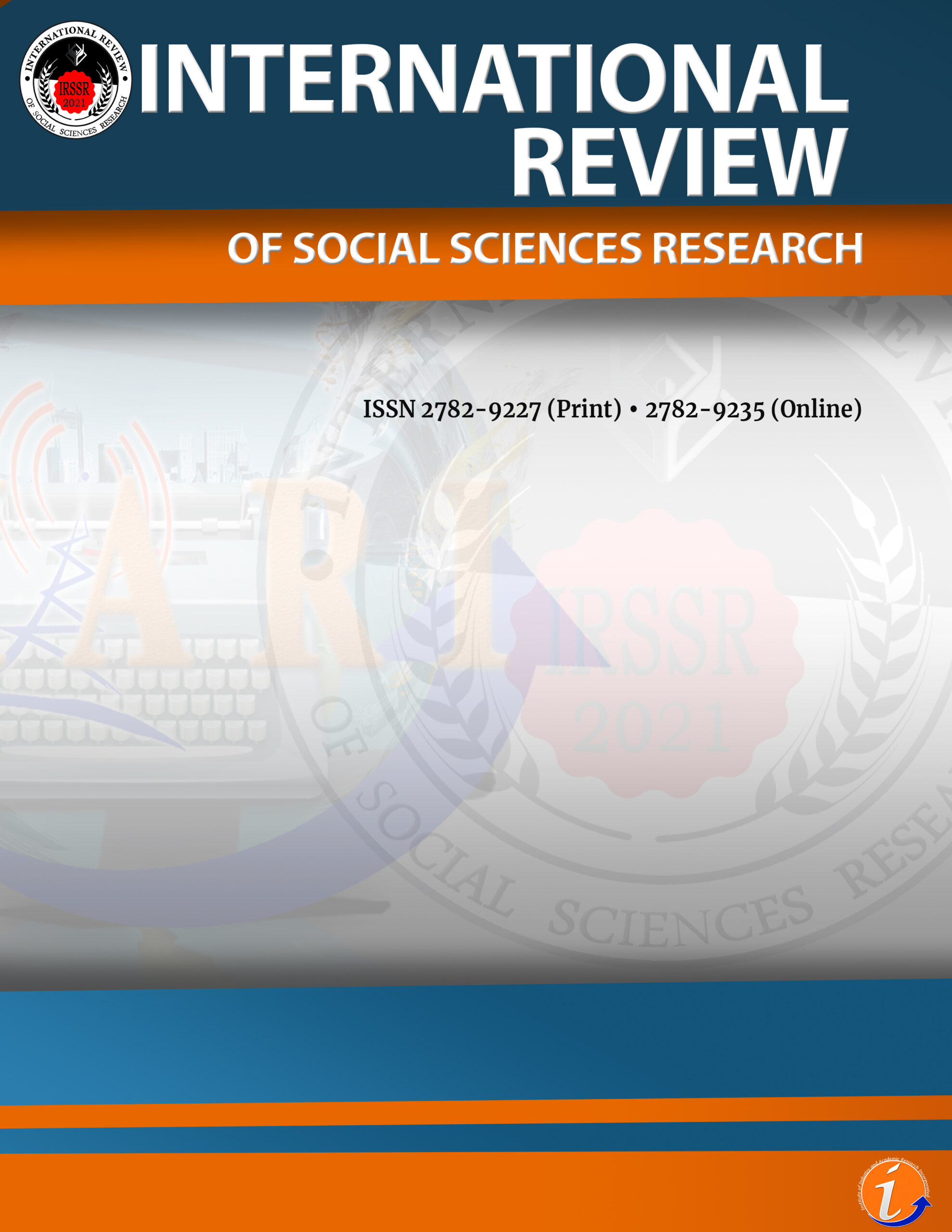The study assessed the sociocultural factors affecting leadership of the Local Universities and Colleges (LUCs) administrators in the Philippines. The descriptive-evaluative method of research was used. Data were gathered using a self-made Likert-type questionnaire from the 111 randomly administrators in the regions of Cavite, Laguna, Batangas, Rizal and Quezon (CALABARZON). The statistical tools applied were weighted mean and single factor Analysis of Variance (ANOVA). Findings revealed that the administrators have strong manifestation of the sociocultural factors such as values, customs and lifestyles. However, there was no significant difference on the manifestations of sociocultural factors when grouped as to provinces. There is a need to impose familial relationships with the members of the LUCs for a stronger and healthy working environment. This study leads to the determination of the patterns and trends of the sociocultural factors and leadership style practices of the LUCs administrators for any leadership development program.
sociocultural factors, college administrators, values, customs, lifestyle
Patricia Sonia Elardo-Zabala. Doctor of Philosophy Graduate at Southern Luzon State University, Philippines
Abundo, Cecil, (2015), Filipino Customs and Traditions. Available from: http://www.vigattintourism.com/
Alampay & Jocson (2011). Attributions and Attitudes of Mothers and Fathers in the Philippines. Parent Sci Pract. 2011 Jul 29; 11(2-3): 163–176. doi: 10.1080/15295192.2011.585564
Andres, T.D. (1994). Dictionary of Filipino Culture and Values. Quezon City: Giraffe Books.
Badana, A. N., & Andel, R. (2018). Aging in the Philippines. The Gerontologist, 58(2), 212-218. https://doi.org/10.1093/geront/gnx203
Baltazar, Jose D., Conti, Ruben M., Pimentel, Florosito Q., Franco, Donato S., (2013) Management in the Philippine Setting, National Book Store Printing Press, Cacho Hermanos, Union Street, Mandaluyong City, Phils.
Boström, A.-K., & Schmidt-Hertha, B. (2017). Intergenerational relationships and lifelong learning. Journal of Intergenerational Relationships, 15(1), 1–3. 10.1080/15350770.2017.1260408
Cherry, Kendra, (2017), What is Sociocultural Theory. Available at: http://www.verywell.com/what-is-sociocultural-theory-2795088
Eagly, Alice H. (2013), Gender and Work: Challenging conventional wisdom – A Research Symposium
Enriquez, Virgilio. 2004. From Colonial to Liberation Psychology: The Philippine Experience. Manila: De La Salle University Press, Inc.
Fraenkel, Jack R., Wallen, Norman E., (2007), How to Design and Evaluate Research in Education, McGraw-Hill Printing Press, NY, NY 10020
Garcia, Manuel B., (1985), Sociology of Development, Perspective and Issues, National Book Store Inc., Navotas Press, Metro Mla., Phils.
Harvey, Carol, Allard June M., (2011), Understanding and Managing Diversity, Pearson Prentice Hall, NY, USA.
Lagmay, A.V. (1977). ‘‘Bahala na’’. In L.F. Antonio, L.L. Samson, E.S. Reyes and M.A. Paguio (Eds.), Ulat ng Ikalawang Pambansang Kumperensya sa Sikolohiyang Pilipino (Proceedings of the Second National Conference on Filipino Psychology) (pp. 120–130). Quezon City: Pambansang Samahan sa Sikolohiyang Pilipino.
Marquez, M. P. N. (2019). Family Support and Intergenerational Exchanges. In G. T. Cruz, C. J. P. Cruz, & Y. Saito (Eds.), Ageing and Health in the Philippines (pp. 160–171). Economic Research Institute for ASEAN and East Asia.
Morillo, Capuno & Mendoza (2013). Views and Values on Family among Filipinos: An Empirical Exploration. Asian Journal of Social Science 41(1):5-28. DOI: 10.1163/15685314-12341278
Oropilla & Guadana (2021). Intergenerational Learning and Sikolohiyang Pilipino: Perspectives from the Philippines. NJCIE 2021, Vol. 5(2), 22–36. DOI : http://doi.org/10.7577/njcie.4151
Panopio, Isabel S., Rolda, Realidad S., (2007), Society and Culture, Introduction to Sociology and Anthrophology, Katha Publishing Co., Inc., Quezon Ave., Quezon City, Phils.
Rebustillo (2017). A New Look At Inter-subjectivity and Theology: A Retrieval Of Filipino Loob kapwa Rationality In Dialogue With Gabriel Marcel And Ludwig Binswanger. Melintas, Vol. 33, No. 3, 2017
Reyes Agnes S., (2014), The Socio-Cultural Life of the Ifugao of Chaja, Mayoyao, Ifugao, Philippines: It’s Educational Implications, International Research Journal of Social Sciences, Vol. 3(2), 44-50.
Rungduin, Rungduin & Acopio (2020). Role of Shared Identity (Kapwa) in Forgiving Others: A Collectivistic Approach in Understanding Forgiveness. Pakistan Journal of Psychological Research, Volume 35, No. 4.
Vygotsky Lev, Mind in Society, The Development of Higher Psychological Processes. Available from: http://www.nordictrainingsources.com/
Cite this article:
Zabala, P.E. (2021). The manifestation of sociocultural factors among the local universities and colleges’ administrators. International Review of Social Sciences Research, 1(2), 1-17. https://doi.org/10.53378/346496
License:
![]()
This work is licensed under a Creative Commons Attribution (CC BY 4.0) International License.










